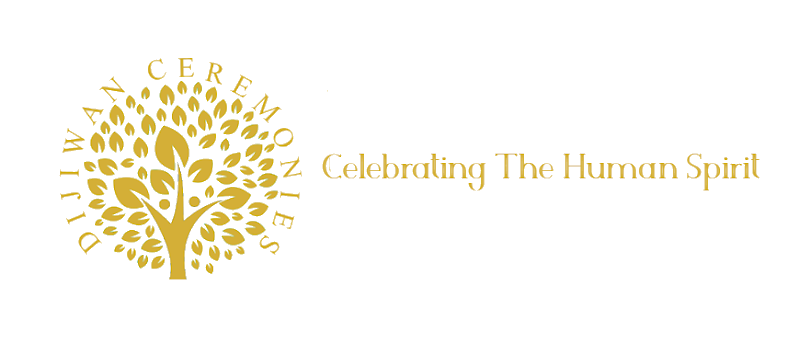Turning Mishaps into Opportunities
Epictetus, a Greek philosopher born in the first century AD, believed in the power of self-reflection and the importance of learning from life's challenges. One of his famous quotes states, "Whenever you have a mishap, remember to ask yourself how you can make use of it." This quote emphasizes the idea that even in difficult times, there is an opportunity for growth and learning.
Mishaps, or unexpected events that cause inconvenience or difficulty, are a part of life. They can range from minor inconveniences, such as getting stuck in traffic, to major setbacks, such as losing a job or experiencing a health crisis. Regardless of the severity, mishaps can be stressful and overwhelming. However, Epictetus suggests that instead of dwelling on the negative aspects of the situation, we should focus on what we can learn from it.
Reflecting on a mishap can help us identify the root cause of the problem and find solutions to prevent it from happening again. For example, if you miss an important deadline at work, you can reflect on what led to the delay and come up with strategies to manage your time more effectively in the future. Similarly, if you experience a health scare, you can reflect on your lifestyle choices and make positive changes to improve your health.
Moreover, reflecting on mishaps can also help us develop resilience and mental toughness. By facing adversity and overcoming challenges, we become better equipped to handle future difficulties. We learn to adapt to changing circumstances, and we become more confident in our ability to navigate life's ups and downs.
In conclusion, Epictetus' quote encourages us to embrace mishaps as opportunities for growth and learning. Instead of feeling defeated by difficult situations, we can reflect on them and use them to become better versions of ourselves. By doing so, we can cultivate resilience, learn from our mistakes, and ultimately live more fulfilling lives.
Mishaps, or unexpected events that cause inconvenience or difficulty, are a part of life. They can range from minor inconveniences, such as getting stuck in traffic, to major setbacks, such as losing a job or experiencing a health crisis. Regardless of the severity, mishaps can be stressful and overwhelming. However, Epictetus suggests that instead of dwelling on the negative aspects of the situation, we should focus on what we can learn from it.
Reflecting on a mishap can help us identify the root cause of the problem and find solutions to prevent it from happening again. For example, if you miss an important deadline at work, you can reflect on what led to the delay and come up with strategies to manage your time more effectively in the future. Similarly, if you experience a health scare, you can reflect on your lifestyle choices and make positive changes to improve your health.
Moreover, reflecting on mishaps can also help us develop resilience and mental toughness. By facing adversity and overcoming challenges, we become better equipped to handle future difficulties. We learn to adapt to changing circumstances, and we become more confident in our ability to navigate life's ups and downs.
In conclusion, Epictetus' quote encourages us to embrace mishaps as opportunities for growth and learning. Instead of feeling defeated by difficult situations, we can reflect on them and use them to become better versions of ourselves. By doing so, we can cultivate resilience, learn from our mistakes, and ultimately live more fulfilling lives.

